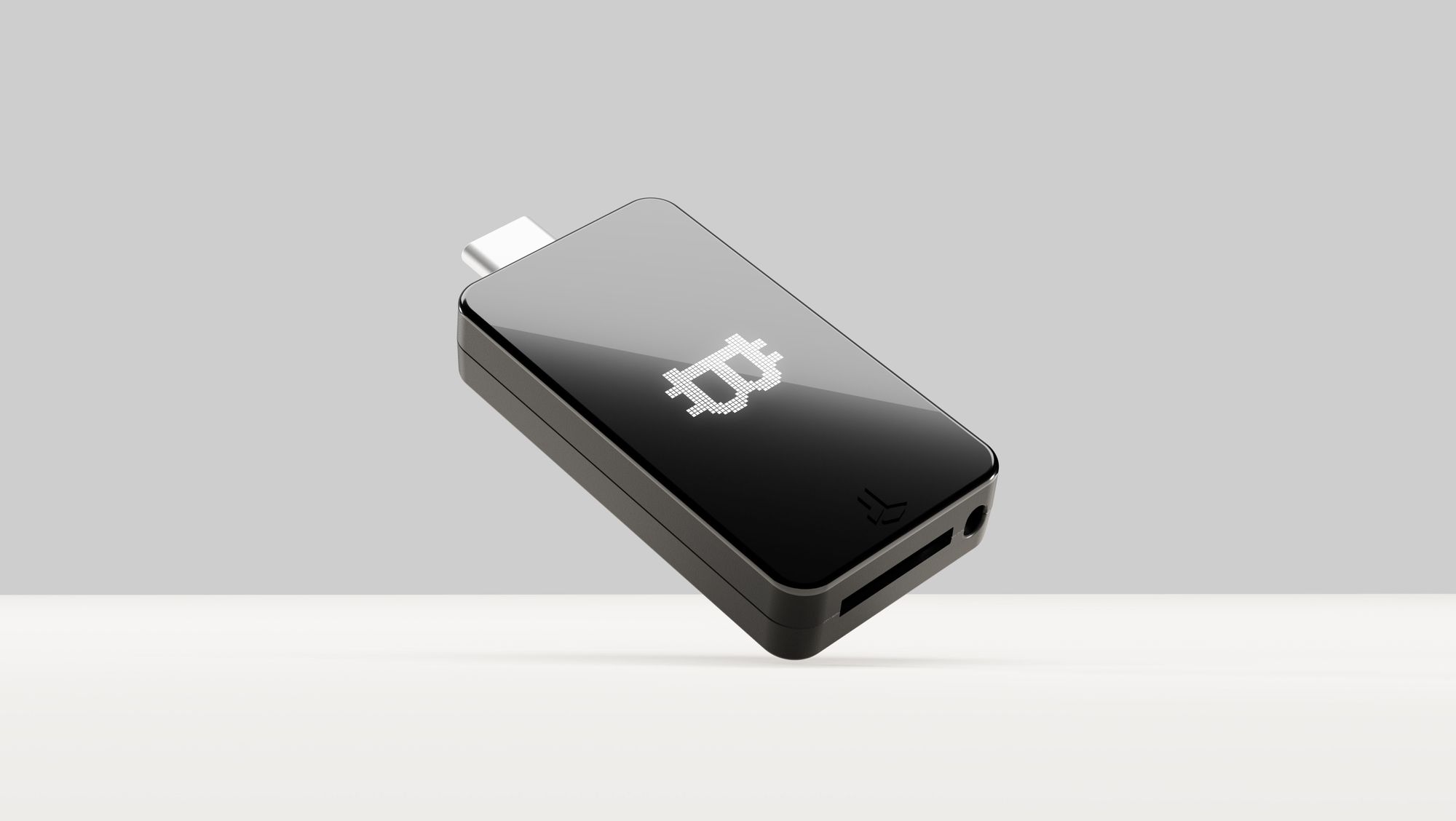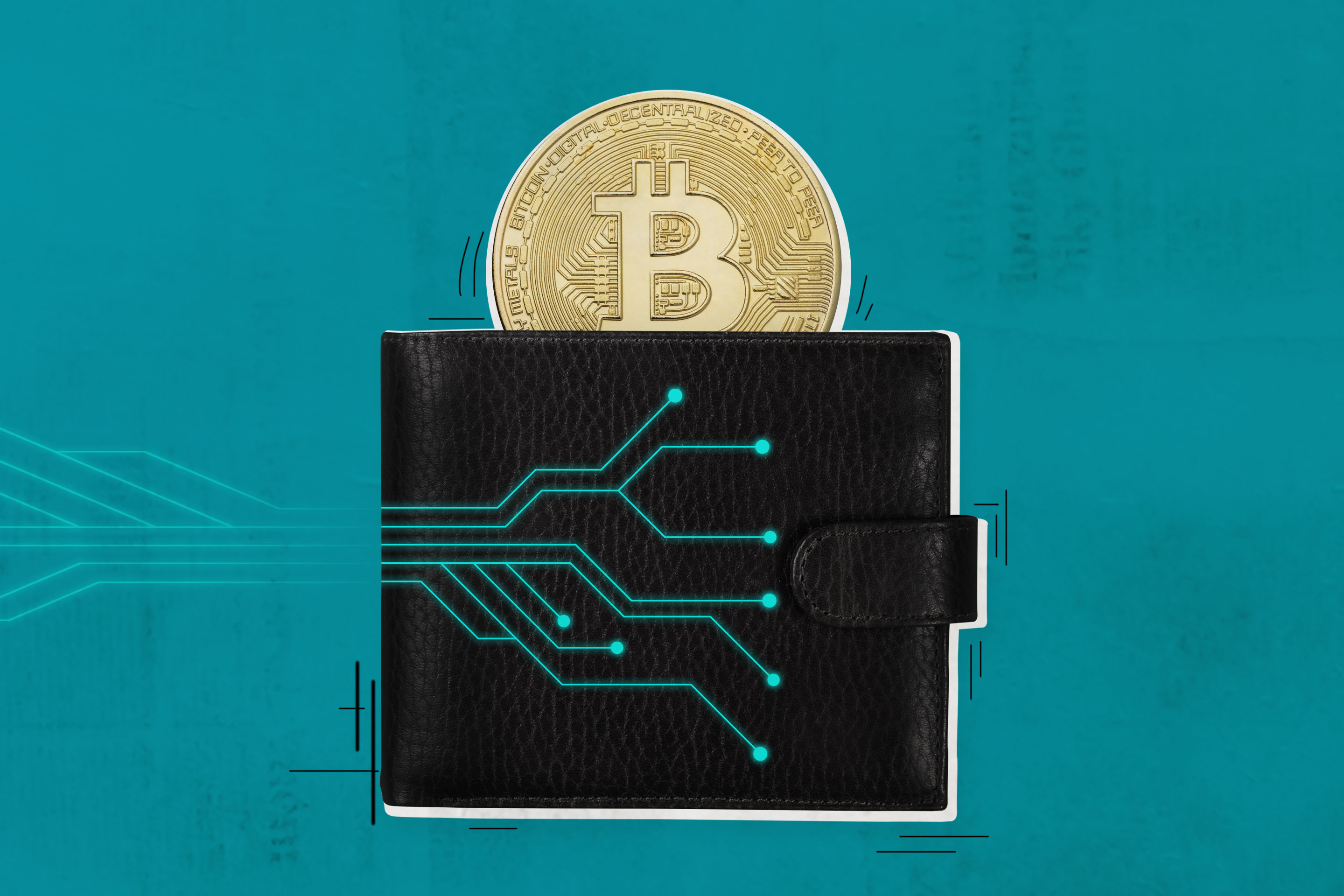There are several types of cryptocurrency wallets, each with its own features and use cases.
-
Hardware Wallets: Hardware wallets are physical devices designed to store cryptocurrency offline, providing the highest level of security. They are typically USB devices with built-in security features.
-
Hardware Wallets with secure element: A Hardware Wallet with a Secure Element is a type of cryptocurrency hardware wallet that incorporates an additional security feature known as a “Secure Element” (SE). A Secure Element is a tamper-resistant hardware component that provides enhanced security for storing sensitive data, such as private keys, PINs, and cryptographic operations.
-
Mobile Wallets: Mobile wallets are a type of software wallet specifically designed for mobile devices (smartphones and tablets). They are easy to use and offer quick access to funds.
-
Desktop Wallets: Desktop wallets are software wallets installed on desktop or laptop computers. They offer more security compared to mobile wallets.
-
Web Wallets (Online Wallets): Web wallets are online services that allow users to access their cryptocurrency holdings through a web browser. They are convenient but come with some security risks.
-
Paper Wallets: Paper wallets are physical pieces of paper that contain the user’s public and private keys in printed or QR code form. They are entirely offline and immune to online threats.
-
Multi-Signature Wallets: Multi-signature wallets require multiple private keys to authorize a transaction. For example, a 2-of-3 multi-signature wallet requires two out of three private keys to approve a transaction.
-
Custodial Wallets: Custodial wallets are provided by third-party companies or exchanges that hold users’ private keys on their behalf. Users rely on the service provider’s security.
-
Brain Wallets: A brain wallet is a type of cryptocurrency wallet that allows users to store their private keys and access their cryptocurrency holdings using a memorable passphrase or seed phrase that they can easily remember.

Security Rankings
- Hardware Wallet Reason: Hardware wallets are considered the most secure type of wallet. They store private keys offline on a physical device, making them highly resistant to online threats.
- Paper Wallet Reason: Paper wallets are completely offline and involve printing private keys on physical paper. They are immune to online attacks.
- Multisignature Wallet Reason: Multisignature wallets add an extra layer of security by requiring multiple private keys to authorize transactions.
- Desktop Wallet Reason: Desktop wallets provide a higher level of security compared to mobile wallets. They are less vulnerable to malware and hacking.
- Mobile Wallet Reason: Mobile wallets are convenient for everyday use but are less secure than hardware wallets. Security depends on the user’s device and practices.
- Hardware Wallet with secure element Reason: Some hardware wallets with secure elements offer additional security layers against physical tampering.
- Web Wallet (Online Wallet) Reason: Web wallets’ security varies based on the platform. Users should choose reputable providers for better security.
- Custodial Wallet Reason: Custodial wallets rely on third-party providers for security, and their security level can vary.
- Brain Wallet Reason: Brain wallets are considered the least secure due to the risk of weak passphrases and the potential for brute force attacks.



